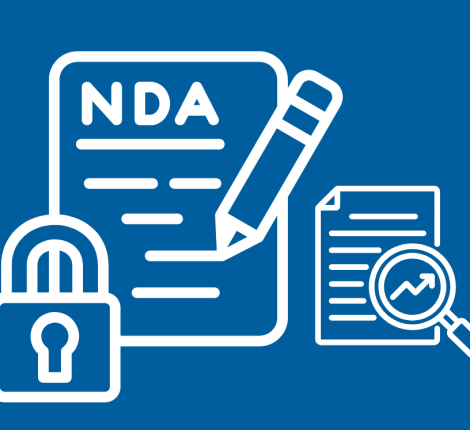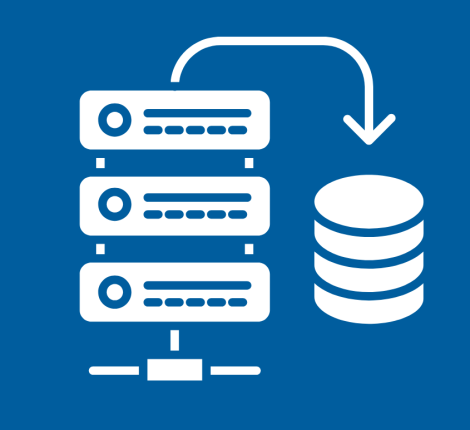Corporate Laws Newsletter: Compliance relaxations extended in view of second wave of COVID-19 pandemic-July-2021
Keeping in view the current situation caused by the second wave of COVID-19, the Ministry of Corporate Affairs (MCA) had granted certain relaxations to companies. These relaxations have been further extended for the benefit of all stakeholders:
(a) Companies can conduct general meetings through video conferencing or other audio visual means or transact items through postal ballots and conduct e-voting through such interface up to 31st December, 2021, provided that, the notice for the meeting is provided to all members in good faith and sufficient information on how to access the meeting and how to vote, if applicable, is published along with the notice.1
(b)In continuation with the relaxations granted earlier, companies/LLPs can file the e-forms (except for forms in relation to creation, modification and satisfaction of charges) due for filing between April 1, 2021 to July 31, 2021 under the Companies Act, 2013 and LLP Act, 2008,respectively, without payment of additional fees up to August 31, 20212 .
(c) In relation to e-forms in relation to creation, modification and satisfaction of charges (Form CHG-1, CHG-4 and CHG-9) which were due to filing between April 1, 2021 to July 31, 2021, first day after creation/modification of charges will be considered as August 1, 2021 and such forms can be filed without payment of additional fees .
The relaxations take away the requirement of payment of additional fees for any delay caused in filing of the applicable e-forms provided the e-forms are covered in the period for relaxations covered by the MCA circulars.
Amendment in Companies (Meetings of Board and its Powers) Rules, 2014
The Ministry of Corporate Affairs (MCA) has released a notification which now omits Rule 4 of the Companies (Meetings of Board and its Powers) Rules, 2014, thereby permitting companies to consider certain critical matters in board meetings held through video conferencing or other audio-visual means. In view of Covid-19 outbreak and related difficulties that companies faced due to the pandemic, MCA had provided a temporary relaxation from this requirement which was about to expire on June 30, 2021. However, this omission of Rule 4 has cleared the air around the applicability of this rule post the expiry of this relaxation.
The omitted Rule 4 restricted companies from considering matters in board meetings held through video conferencing or other audio-visual means such as: (a) approval of the annual financial statements; (b) approval of the board’s report; (c) approval of prospectus; (d) approval of matters relating to amalgamation, merger, demerger, acquisition, and takeover; and (e) audit committee meetings for consideration of financial statements including consolidated financial statements to be approved by the board. This amendment brings in lot of flexibility in terms of functioning of the companies and the manner in which board meetings are conducted. Meetings to consider critical matters conducted through video conferencing or other audio-visual means would enable participation from all directors from any location at their convenience without the need to travel to venue of board meeting for ensuring physical presence for quorum requirements.
Investment Advisors Regulations- Key takeaways – SEBI informal guidance
The Securities Exchange Board of India (“SEBI”) has issued an informal guidance pertaining to the SEBI (Investment Advisers) Regulations, 2013 (“IA Regulations”) as on June 29, 2021, as well as July 2, 2021. The key takeaways from the informal guidance issued by SEBI are follows:
a. The role of an Investment Adviser (“IA”) is restricted to render investment advice to its clients and not manage the funds or securities on behalf of the clients.
b. Grant of a power of attorney (“POA”) by the client to the IA has neither been envisaged nor appears desirable for an IA.
c. An IA can only charge for his advisory services and cannot charge any brokerage, referral fees, implementation fees, etc.
d. NRI / PIOs are not required to seek registration under the IA Regulations if they provide advisory services exclusively to clients based outside India (excluding NRIs and PIOs).
e. If NRI / PIO intendsto join any corporate IA as a person associated with advice, all clients on-boarded by such NRI / PIO person associated with advice shall be considered as the clients of the corporate IA and not of such NRI / PIO.
f. A foreign citizen and an NRI would be required to obtain an individual IA registration if he wishes to provide investment advisory services to any person resident in India.
g. A foreign graduate degree will not satisfy the specified criteria for educational qualification under the IA Regulations.
h. Existing individual IAs above fifty year of age as on September 23, 2020, are not required to comply with the qualification and experience requirements specified under Regulation 7(1)(a) and 7(1)(b) of the IA Regulations subject to such IAs holding NISM accredited certifications and complying with other conditions specified under Regulation 7(2) of the IA Regulations.
i. A course from the ICMAI formerly known as ICWAI, will be covered under the professional qualification under of the IA Regulations. An educational qualification in law including LLB and LLM will not be covered under the professional qualification.
The clarifications provided by SEBI in its informal guidance would prove to be useful in interpretation of the existing IA Regulations by various stakeholders.




